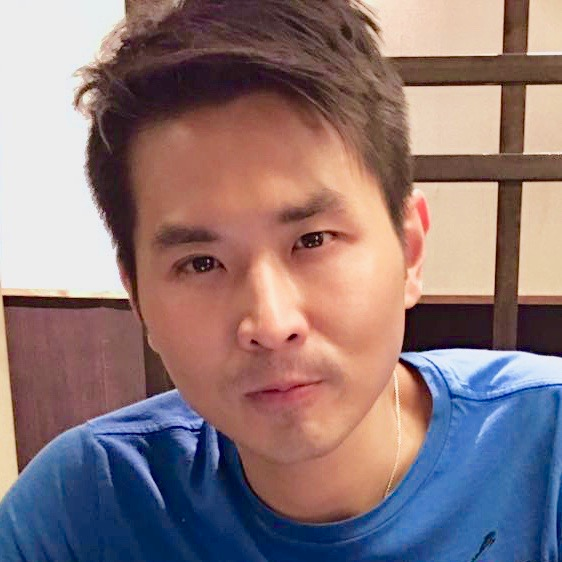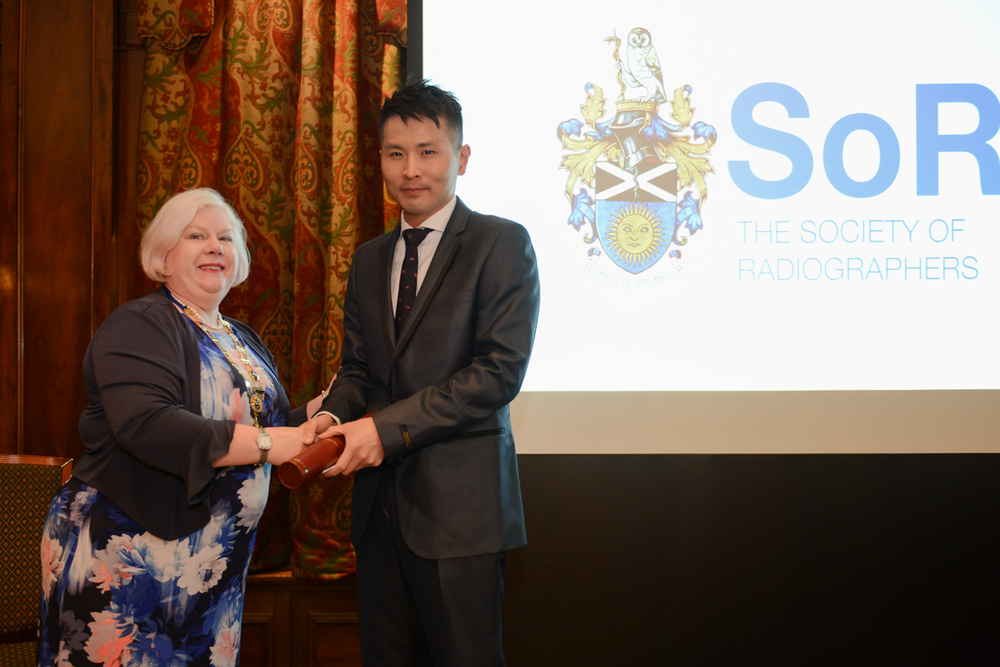
What’s your answer after reading the title of this blog? For my radiographer colleagues, I hope the answer will be ‘Yes!’ after you finish reading this post.
When I first heard the word ‘Fellowship’ I could only think of volume one of the Lord of the Rings, The Fellowship of the Ring! It was not until Rachel Harris (Professional & Education Manager and Research Lead for the Society and College of Radiographers [SCoR]) mentioned it that I began to look for more details. In this post I will try to explain the Fellowship award and describe my own career as an example. I hope you find my ‘literature search’ below useful.
What is the Fellowship (by Portfolio) of the College of Radiographers?
The Fellowship of the College of Radiographers (FCR) is an honorary title, awarded to individuals who have made a significant contribution to the radiographic profession. The FCR (by Portfolio) is equivalent in status to the FCR and complements it. Members of the Society of Radiographers (SoR) can self-submit a portfolio of evidence that demonstrates their contributions to the field of radiography and, specifically, how these have supported the progression and development of the profession. Applicants of the FCR (by Portfolio) must be able to produce evidence of:
- outstanding achievement and innovation
- a significant contribution to the advancement of the profession
- impact on the profession’s practice, both nationally and internationally
- dissemination of contributions and achievements
- reflection on contributions and achievements
How to obtain the FCR (by Portfolio) as a therapeutic radiographer
You may be thinking, ‘It’s great this honorary title is available for the SoR members, but I don’t think I will ever be eligible for it.’ I would say to this, please stop thinking like this! We will never progress as a profession with an ‘I can’t do it’ attitude. Below I describe my career to date as an example. If I can make it happen like my other fellowship colleagues, so can you!
My early career
I obtained my BSc in radiotherapy at the Hong Kong Polytechnic University in 2002. My first job as a therapeutic radiographer was in the Mount Vernon Cancer Centre (MVCC) in the UK. This position consolidated my professional knowledge and clinical experience within radiotherapy. In 2003, I pursued the academic side of my career and enrolled on an MSc degree in Healthcare Informatics and Technologies at City University, University of London. My MSc dissertation involved the implementation of a database solution for quality assurance (QA) data analysis for a breast cancer clinical trial. This opened the door for me into the world of clinical trials QA. I was appointed as a trial QA radiographer within the national Radiotherapy Trials Quality Assurance (RTTQA) group in 2006.
Career progression into clinical trials QA
My role as a trial QA radiographer has provided entirely new opportunities for research and development. I became a clinical and technical expert in advanced radiotherapy technology, and I now design and implement QA programmes for clinical trials that require the effective introduction of advanced radiotherapy in UK centres. The RTTQA role gave me the skills and experience to contribute and support new ways of working within UK radiotherapy centres, ensuring staff have the necessary levels of competency and education required to deliver the trials. I also collaborated with other UK radiotherapy experts to develop training programmes for radiographers, physicists and clinical oncologists.
Working as a consultant practitioner in radiotherapy
In 2014, I decided to take on a more clinical role and progressed to my current job as a consultant practitioner in radiotherapy at MVCC. Across radiotherapy services, there has been national acknowledgement that the radiography career progression model, including the highest level of practice at consultant level, should be introduced across radiotherapy centres to meet local service needs. For my consultant practitioner role, I act as both a clinical and technical expert to lead and coordinate the strategic planning of the NHS Trust’s specialised radiotherapy service, including stereotactic radiotherapy.
Completing a doctorate degree
It is essential for radiographers to be research-active. In 2015, the SCoR launched its five-year strategy for research with an ambitious expectation that one per cent of the UK radiographer workforce would hold, or be working towards, a doctoral-level award by 2021. The strategy recommended that this expectation should apply to all consultant practitioners in radiotherapy. Through my previous trials QA work, I have been heavily involved in the national development of changes in fractionation for breast cancer and the clinical implementation of advanced radiotherapy within the UK. I was inspired by the SCoR’s vision to complete a PhD by published work (Development of evidence-based practice in advanced radiotherapy through clinical trials quality assurance) at London Southbank University in 2018.
Over the last 17 years, I have sought opportunities to progress both the academic and clinical aspects of my role. Together with support from countless colleagues and guidance from the SCoR, I have achieved the title ‘Fellowship (by Portfolio) of the College of Radiographers’ (and I did not have to travel to Middle-earth to collect it!).
Now, I’ll ask again, what’s your answer to the title of this blog post?

